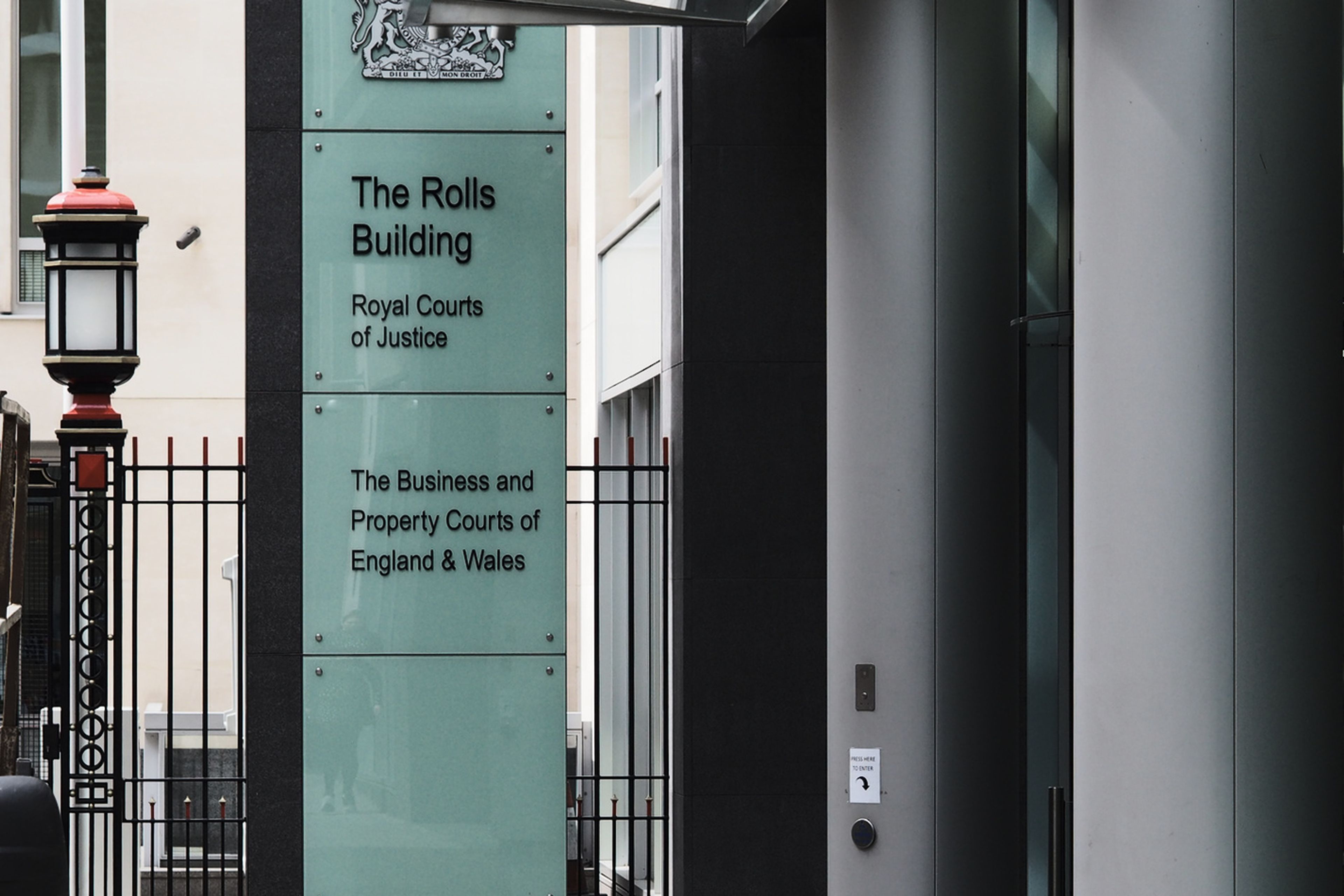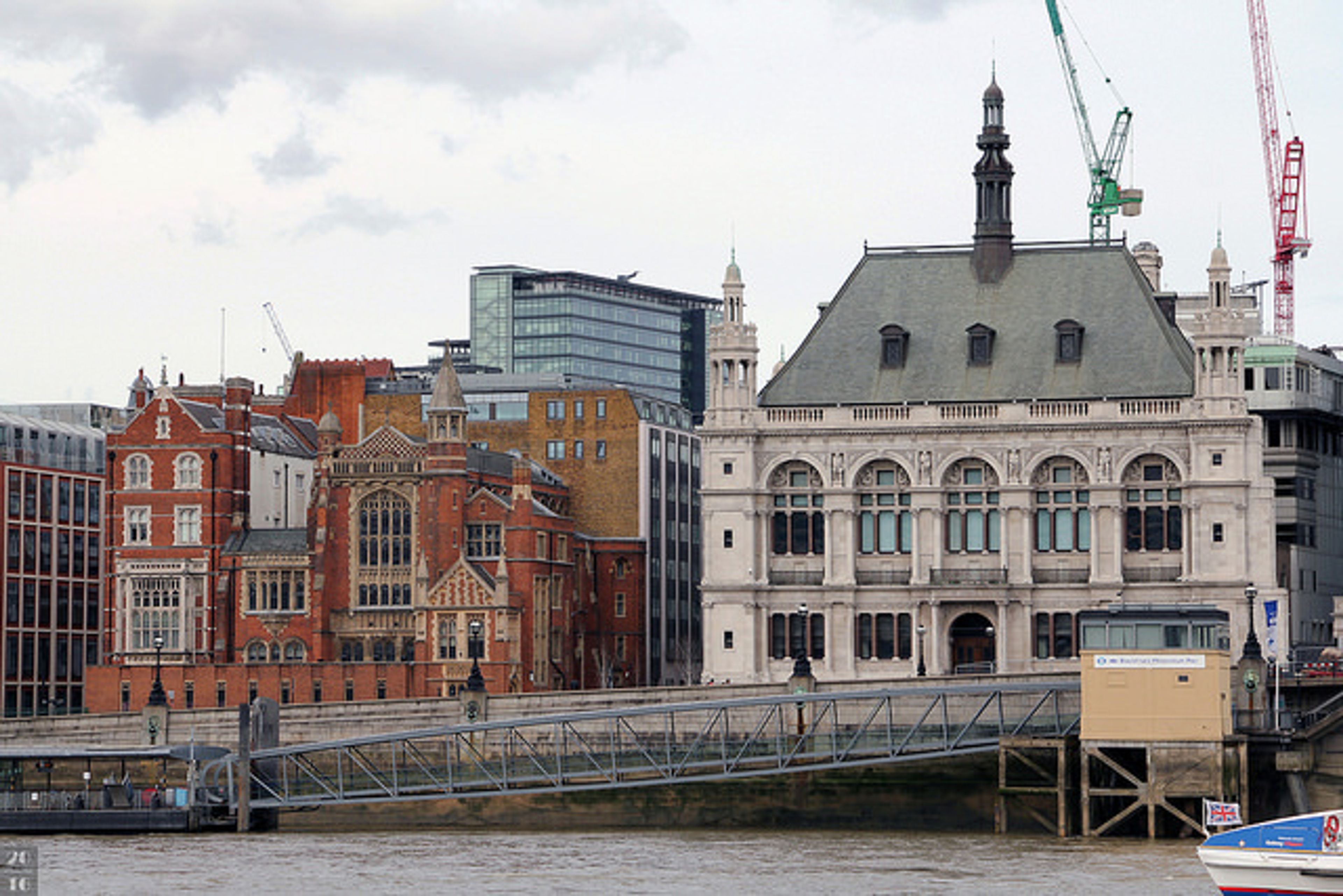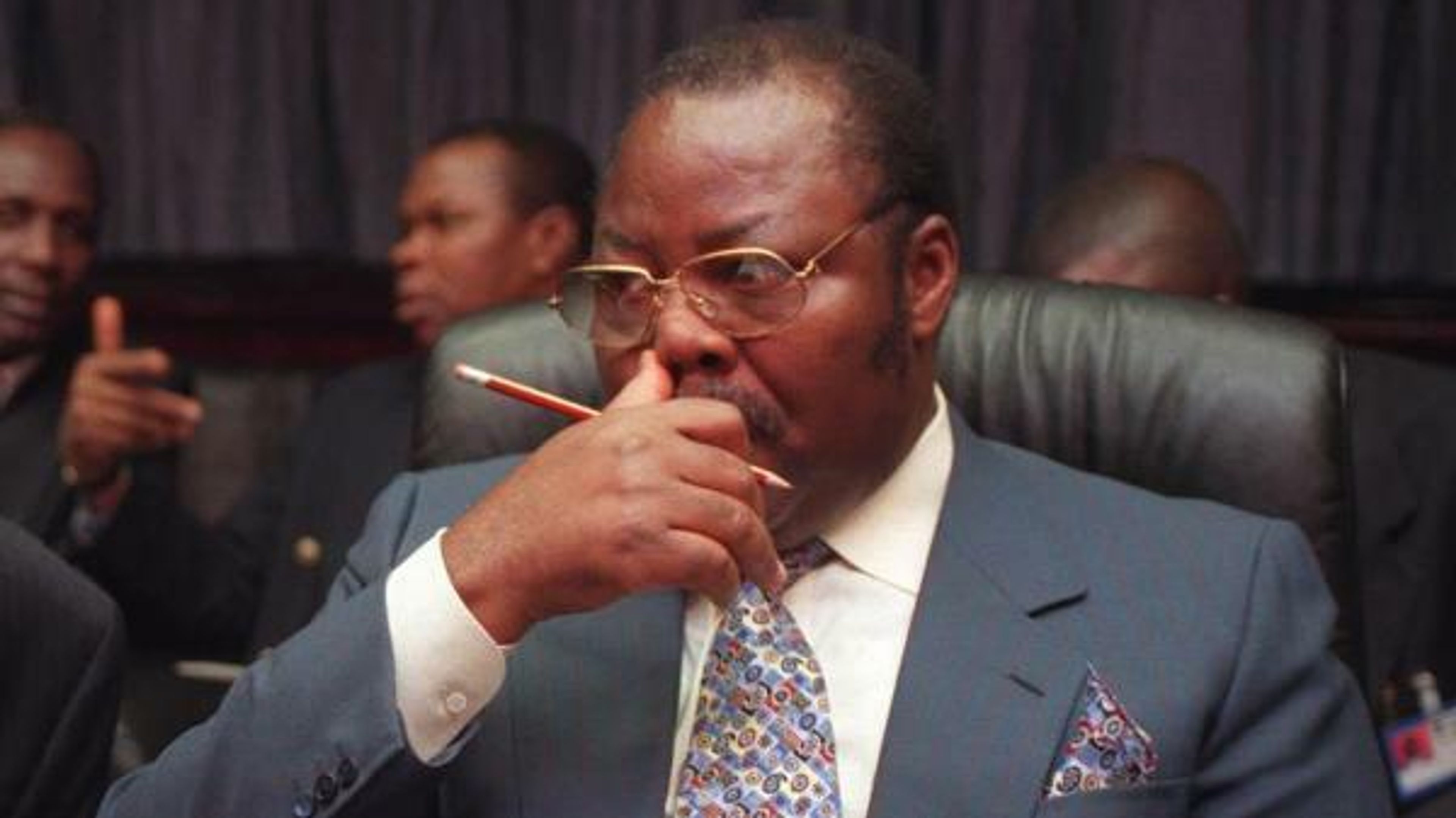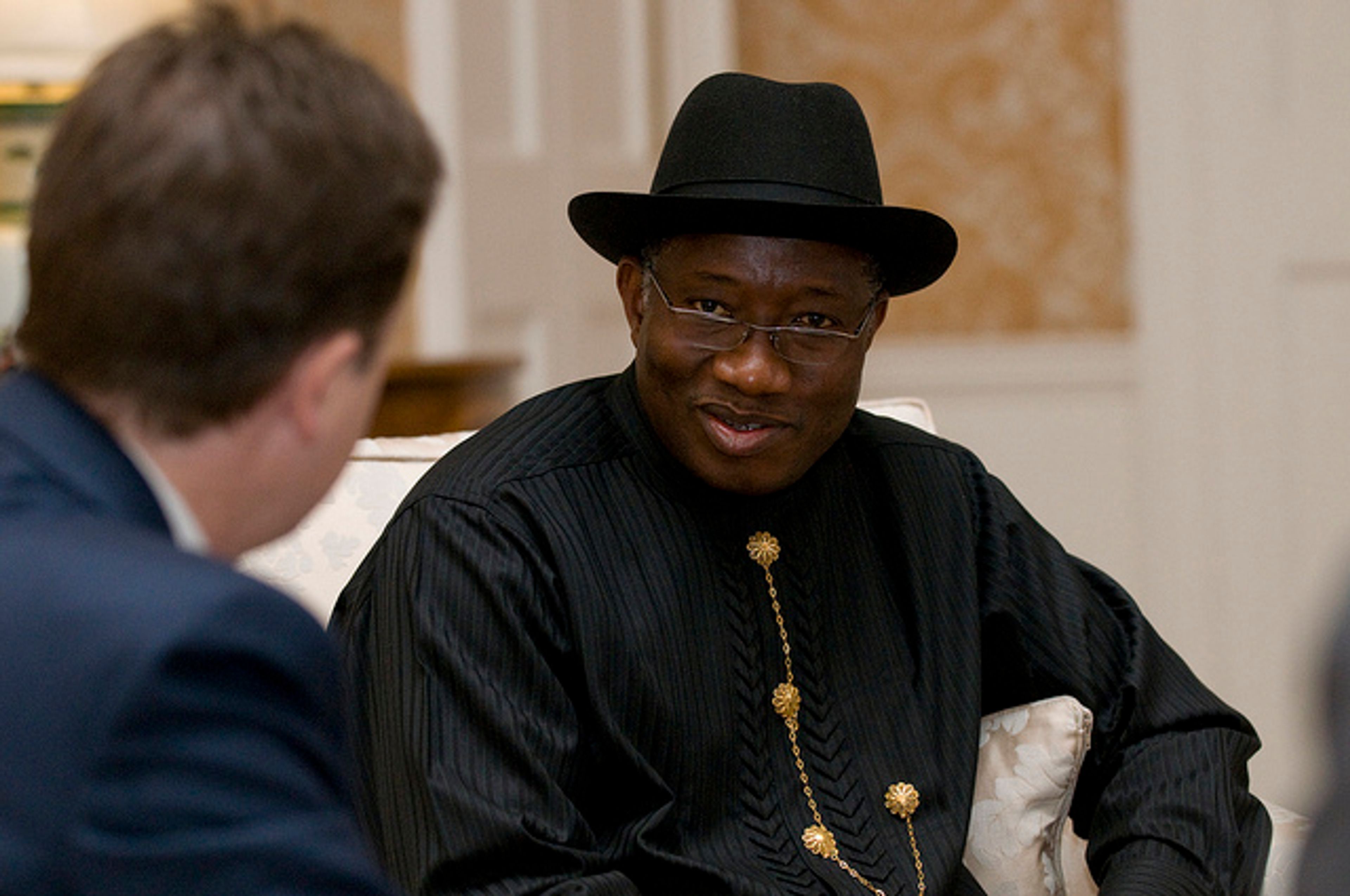Malabu OPL245 Scandal: Nigeria sues JP Morgan for $875m over ‘grossly negligent’ payments to money launderer

US banking giant JP Morgan is being sued by the Federal Republic of Nigeria for $875m in the London courts over its alleged failure to block payments made from a massive oil deal that is subject to a string of international corruption investigations.
The Nigerian state quietly issued a civil claim in the High Court in late November, arguing JP Morgan had been “grossly negligent” when it was banker to a previous government.
*This exclusive story was first broken by Finance Uncovered with the Premium Times in Nigeria, here.
*Readers can view and download the full particulars of claim document filed by Nigeria in the High Court here: Federal Republic of Nigeria vs JP Morgan particulars of claim.
The claim, which has been sanctioned by Nigeria’s attorney-general and seen by Finance Uncovered, alleges JP Morgan did not act “with the reasonable care and skill to be expected of a bank in compliance with the laws of England Wales” when it authorised enormous payments resulting from an oil deal in 2011.
There was an “abuse of the banking system”, it adds.
The notorious deal, known as OPL245, involved Shell, Italian oil company ENI, a convicted money launderer and the government of former Nigeria president Goodluck Jonathan.

Nigeria alleges JP Morgan “could and should” have done enough reasonable due diligence to discover deal involved the “misappropriation” of up to $1.1bn from state coffers.
It is demanding that the bank repay $875m it paid out to the money launderer, plus interest, and to account for the rest.
According to leaked FBI documents seen by Finance Uncovered, the money was later used to buy a private jet and armoured Cadillacs in the US, fine art and luxury shotguns in London, and allegedly to pay a series of kickbacks to various officials.
Asked to comment on Nigeria’s court move, a JP Morgan spokeswoman said: “The firm considers the allegations made in the claim to be unsubstantiated and without merit.”
The bank has until the end of March to file its defence.
The claim stems from a wider drive by President Muhammadu Buhari to recoup massive sums he believes were siphoned out of Nigeria by previous regimes.
The claim against JP Morgan centres on the prospecting licence OPL245, an untapped Nigerian offshore oil and gas block that is estimated to contain enough crude to power Africa for a decade.
During the last weeks of the General Sani Abacha’s military dictatorship in 1998, the then-oil minister Dan Etete awarded the licence to a week-old shell company called Malabu which subsequent legal action would reveal he co-owned with Abacha’s son.
The ownership of the licence then became the focus of years of legal and political disputes involving different Nigerian regimes, Malabu and oil giant Shell, which also believed it had a claim.
Convicted money launderer
While Etete was negotiating with Shell, Eni and the Nigerian government to sell the licence in 2010, he was convicted of money laundering in an unrelated case in France.
This did not stop the OPL245 negotiations and in May 2011, a deal was struck.
It involved a series of back-to-back agreements. In the first, Malabu would surrender all rights to OPL245 to the Nigerian government in exchange for $1.1bn.
And in parallel, Eni and Shell agreed to transfer a total $1.3bn to the Nigerian government in exchange for OPL245.
According to the claim filed in the High Court, Nigeria’s lawyers argue that “for this transaction to succeed, it was necessary to involve the Defendant [JP Morgan]”, which was asked to set up a number of accounts.
The system of new bank accounts “in and of itself should have alerted [JP Morgan] to the illicit movement of funds which it was to facilitate”, the lawyers say.
They argue JP Morgan “should…have realised that the accounts were part of a scheme designed to siphon off funds”.
The Nigerian state also says that JP Morgan’s bankers should have been further alerted by what happened over the next three months.
Once Eni and Shell had paid the money over, but while it still sat in JP Morgan, a feeding frenzy erupted as two “fixers” to the deal rushed to courts in New York and London claiming that Etete owed them each a substantial cut of the $1.1bn.
The litigation, which dragged on into August 2011, pulled in JP Morgan as a respondent and resulted in more than $200m being frozen.
The Nigerian state now argues that, as the circumstances in which Etete effectively awarded OPL245 to himself were revealed in court, the bank should have realised this was “an abuse of his office and contrary to Nigerian law, thus rendering the award of the contract illegal”.

It points out that JP Morgan’s attorney was present when the New York court heard that the OPL245 deal “’reeks’ of fraud, money Iaundering and corruption” and that the same attorney later told the court that JP Morgan knew Malabu was the intended beneficiary.
Nigeria’s lawyers argue that this should have put the bank “on notice” for the need for “further due diligence and even to make a report to the UK authorities”.
It is not known whether JP Morgan raised a suspicious activity report with the UK’s financial intelligence unit at this stage, as these are highly confidential. The bank believes it has the appropriate authorisations.

Meanwhile, the then Nigerian government on three occasions instructed JP Morgan to pay out the proceeds of the arrangement via banks in Switzerland and Lebanon according to the new court claim.
Each time, the payments failed. In one instance this was apparently due to “the concerns of the receiving bank”, who returned the money to JP Morgan.
At the fourth instruction, in late August 2011, JP Morgan successfully paid $801.5m to two Malabu accounts in Nigeria.
The Nigerian state now says the bank did so “without carrying out further due diligence and in the face of the plain evidence that this was a transaction to facilitate the transfer of criminal property in a transaction ‘wreaking’ [sic] of political corruption”.
‘Mired in corruption’
It argues JP Morgan should have been aware that Malabu was “mired in a corrupt arrangement from the day of its formation” and that Etete was later convicted of money laundering in an unrelated case and that he was known to be Malabu’s beneficial owner.
It also claims that JP Morgan paid a further $74m out to Malabu two years later, in 2013, being the balance it held on account once all legal claims had been settled.
The Nigerian state makes an additional argument in its court claim: tha the banking arrangement set up by JP Morgan to facilitate the initial payments was “contrary to the laws” of Nigeria.
Separate legal proceedings are ongoing in Italy against Shell and Eni. Both companies have strenuously denied any wrongdoing.
Etete could not be reached for comment, but has previously denied wrongdoing.
A spokesperson for Buhari’s presidential advisory committee against corruption, Professor Bolaji Owasanoye, told Finance Uncovered that the court claim was part of the government’s determination “to recover stolen funds … either directly from the principal actors or the middlemen who facilitated the looting”.